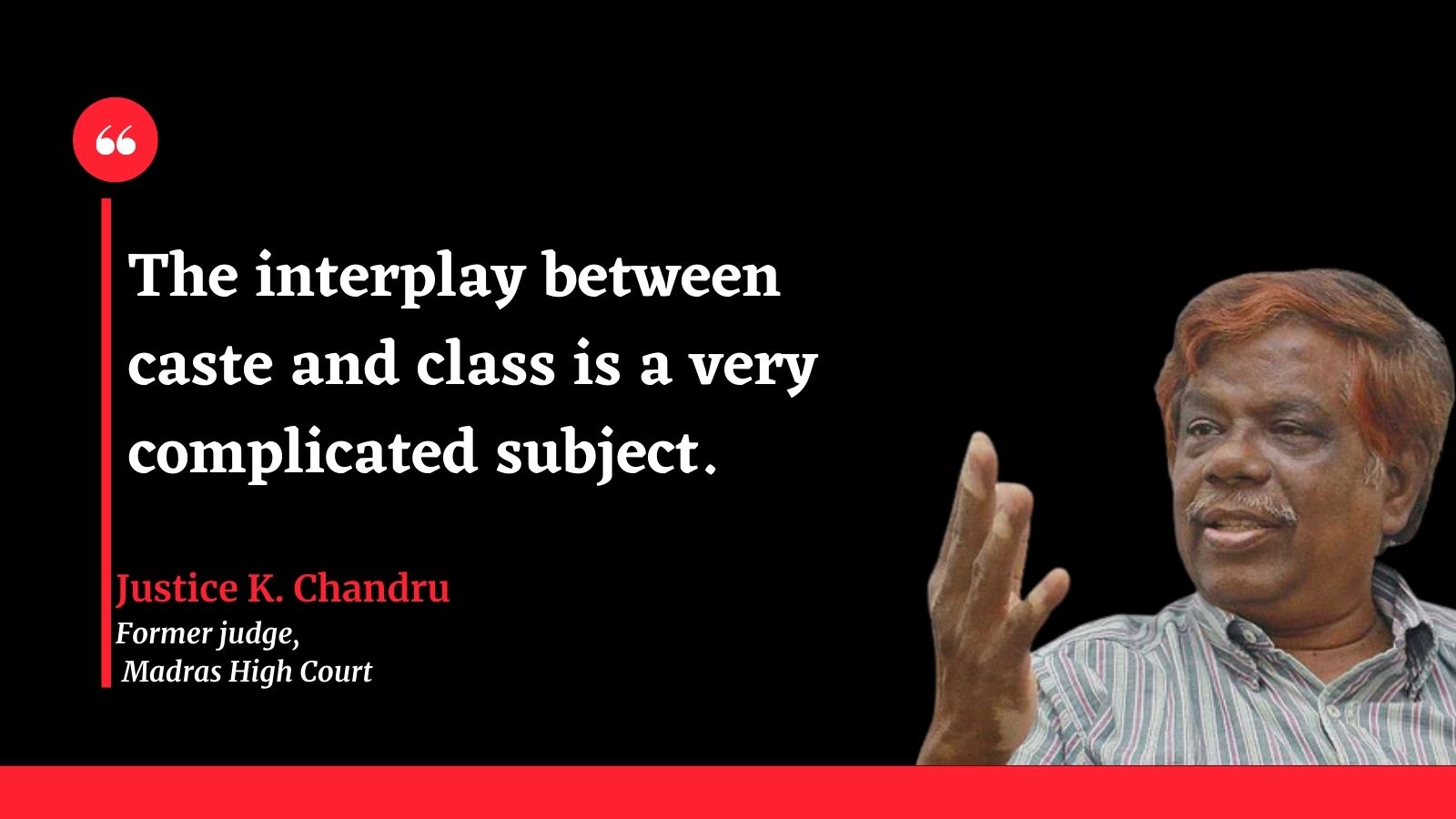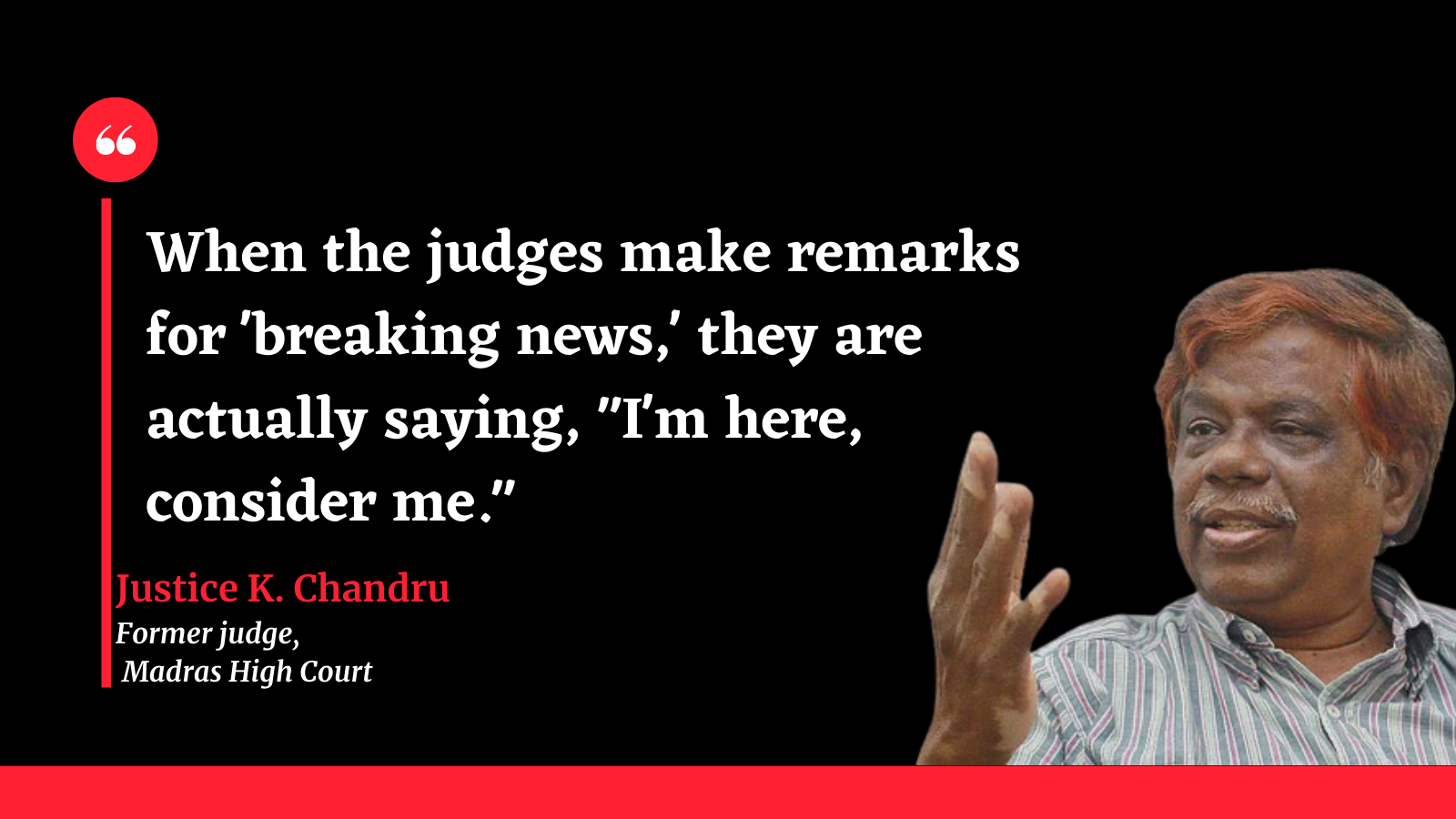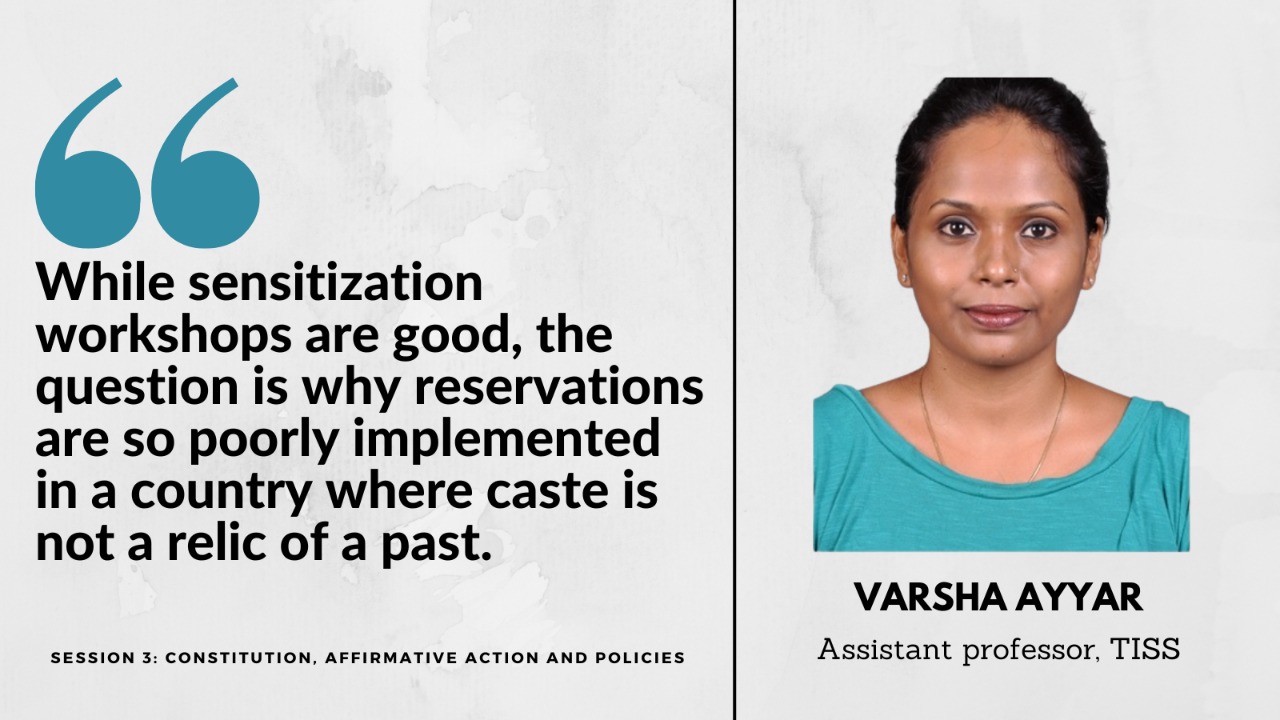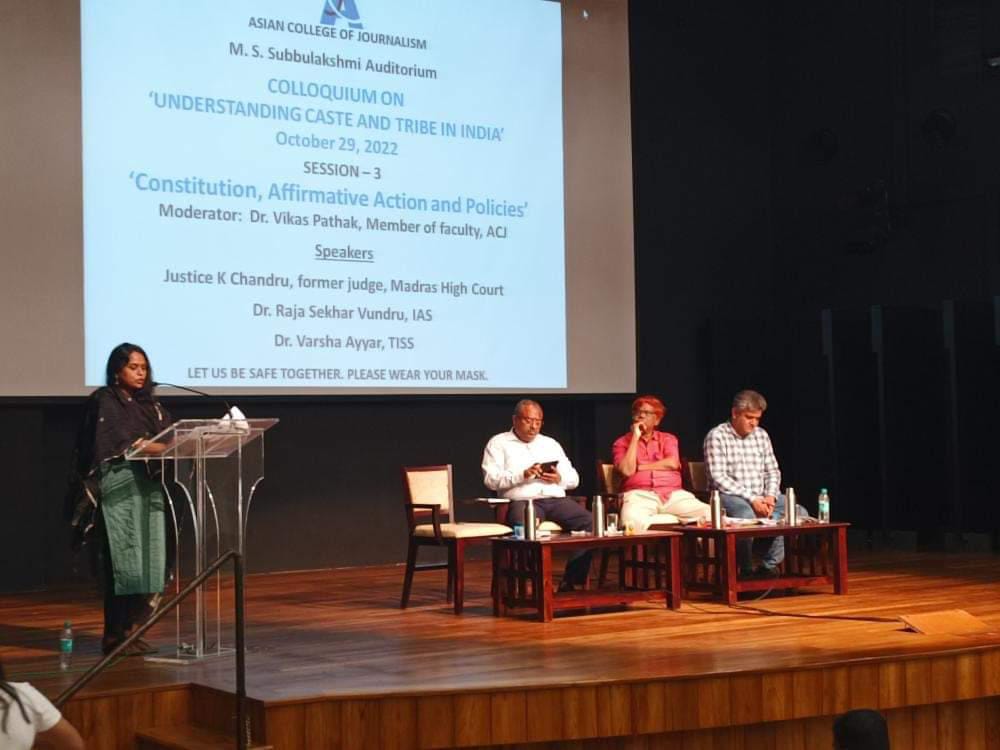Malavika Jayadeep
2:23
2:26
2:29
2:34
2:37
2:39
2:43
2:45
2:46
2:48
2:50
2:53
2:54
2:58
2:59
3:00
3:03
3:05
3:09
3:11
3:11
3:12
3:14
3:18
3:20
3:21
3:21
3:23
3:26
3:54
3:59
4:01
4:03
4:04
4:07
4:08
4:10
4:10
4:10
4:21
Connecting…




